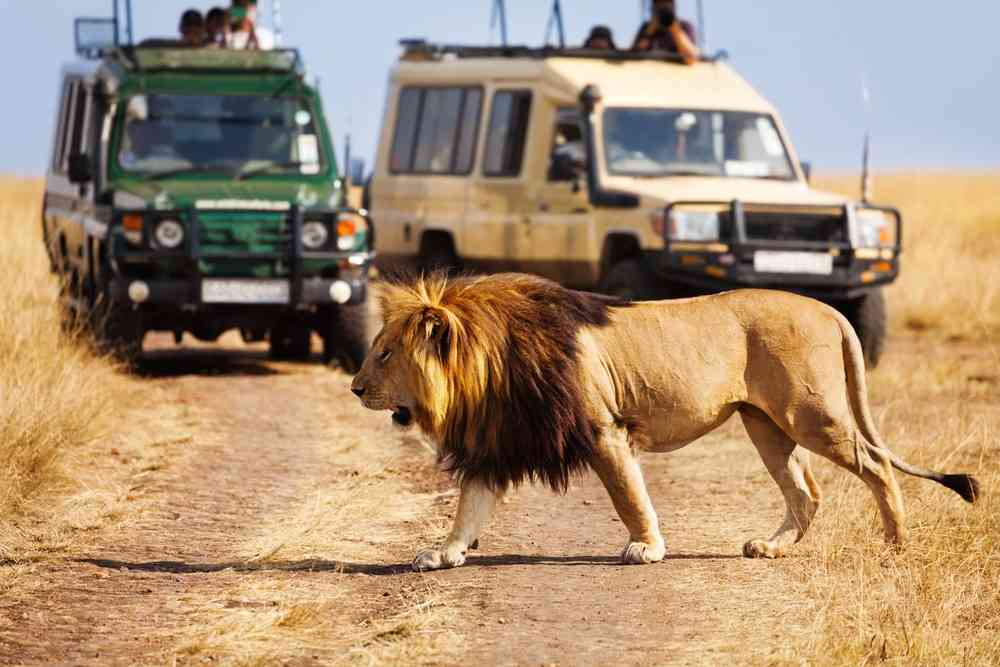
ENVIRONMENT Africa has encouraged Zimbabweans to adopt strategies to mitigate the effects of climate change instead of waiting for the government and non-governmental organisations (NGOs) to assist them.
PRIVILEGE SHOKO/ RICHARD MUPONDE Zimbabwe is struggling to pay for measures to cope with climate stresses and weather-related disasters, such as recent floods, amid domestic spending cuts and slow progress in accessing international finance.
The budget for the Environment, Water and Climate ministry has been reduced to $52 million for 2015, from $93 million in 2014.
Speaking at a workshop for journalists on climate change at a Bulawayo hotel last Thursday, Environment Africa country director for Zimbabwe Barnabas Mawire said the government was planning a climate policy for the country.
“Households should have plans rather wait for the NGOs to assist them and these include water harvesting, investing in small livestock like goats, which have higher chances of survival in drought-prone areas,” said Mawire said.
He said the Zimbabwe Revenue Authority should remove duties from things such as solar so as to reduce the effects of greenhouse gases.
“Mitigation procedures include the reduction of greenhouse gases such as methane and carbon dioxide,” he said.
Mawire said people should practice bee-keeping so there would be no deforestation in the country.
- Chamisa under fire over US$120K donation
- Mavhunga puts DeMbare into Chibuku quarterfinals
- Pension funds bet on Cabora Bassa oilfields
- Councils defy govt fire tender directive
Keep Reading
He urged local authorities to come up with climate change policies for their communities.
“The policies in the communities will help the local authorities come up with issues affecting the society.” he urged.
Environment, Water and Climate ministry principal environment officer Veronica Gundu said the drop in government funding meant officials must work with other partners “to move the climate change agenda forward”.
“We are currently developing the (national) climate policy — the country’s first — and we need as many resources as we can get,” Gundu said.
In the coming years, African countries are expected to benefit more from international climate finance mechanisms such as the fledgling Green Climate Fund, to which donor governments have so far pledged over $10 billion.
But in the past few years, Zimbabwe has largely bankrolled its own programmes, albeit inadequately, with some initiatives supported by NGOs and multilateral organisations.
In 2014, public money went into activities like the Communal Areas Management Programme for Indigenous Resources, a government-backed drive to conserve wildlife and forests.
In November 2014, Finance minister Patrick Chinamasa announced a $5 million “master plan” to mobilise “climate resilient investments” in water resource management and irrigation infrastructure.
Meanwhile, the government has been urged to seriously make efforts to mitigate the effects of climate change to help save the tourism sector that largely relies on tourists coming to view wildlife and the Victoria Falls.
Chinamasa indicated in his 2015 national budget that the government expected tourism to contribute more than 15% to the gross domestic product.
Non-constituency MP Annastancia Ndhlovu pushed a motion for the formulation of a national policy of climate change in the National Assembly.
Ndhlovu, who is the chairperson of Environment, Water, Tourism and Hospitality Industry Parliamentary Portfolio Committee, said climate change had devastating effects on national development, particularly on developing countries like Zimbabwe.
She said loss of biodiversity would affect the country’s tourism, which largely depended of the stability of the biodiversity and the ecosystems.
“If we lose animals or the vegetation, tourists will not visit our country and these negatives affect the economy,” Ndlovu said.
She said climate change was a challenge that needed to be treated with the seriousness it deserved.
“As the climate warms or cools, species migrate or die and invasive alien species will pose a significant threat to ecosystems and biodiversity, for example, the case of Optuntia Filgida in Matabeleland South, which we spoke about last year,” she said.
“This is just to buttress the point that I raised on how climate change negatively affects bio diversity, which not only affects the tourism sector but even the livelihoods of our people. We have people whose livelihoods depend on forestry services. So, this is an issue which we need to take seriously Mr Speaker, sir.”










